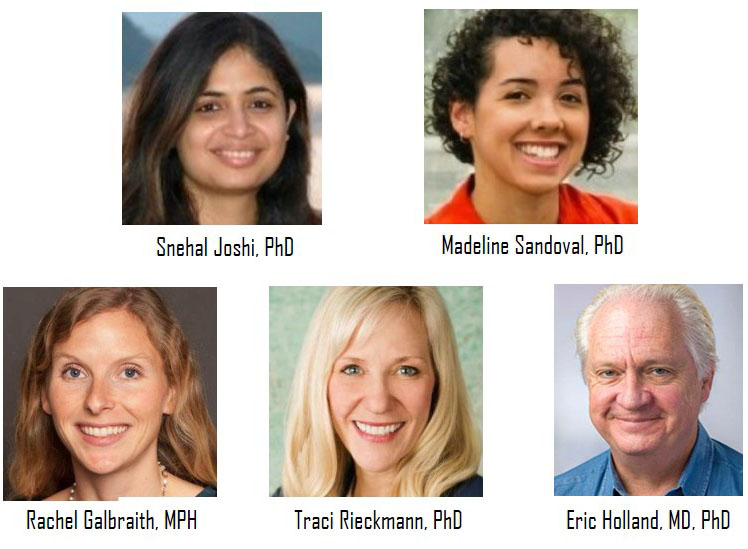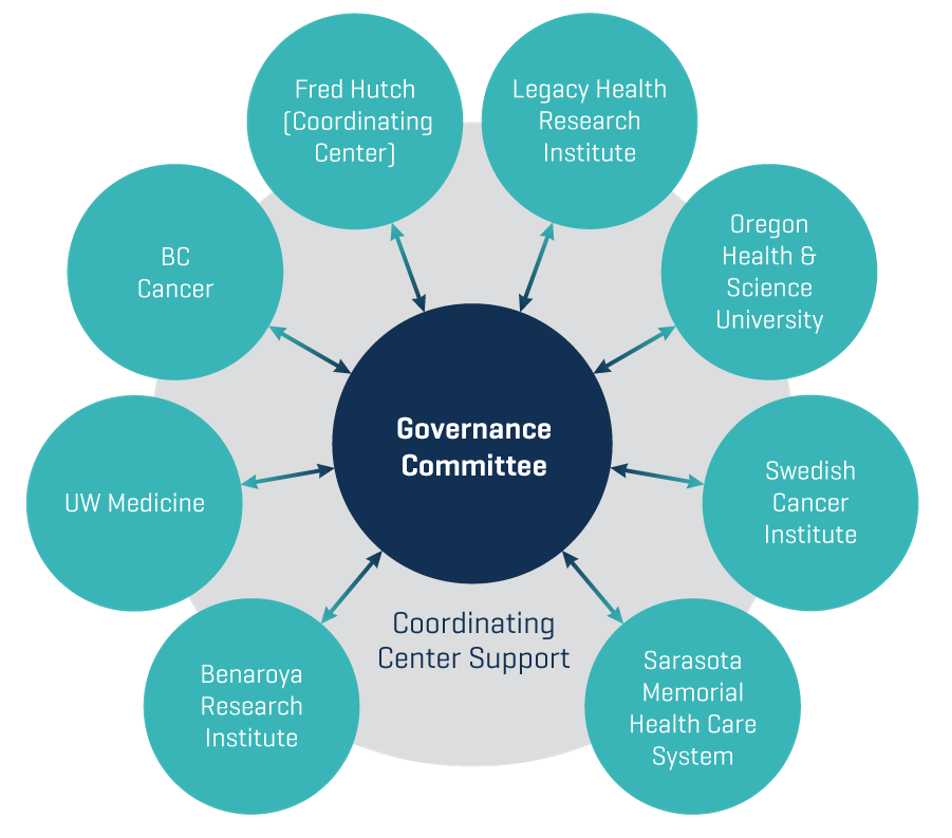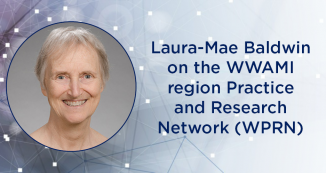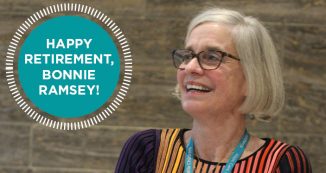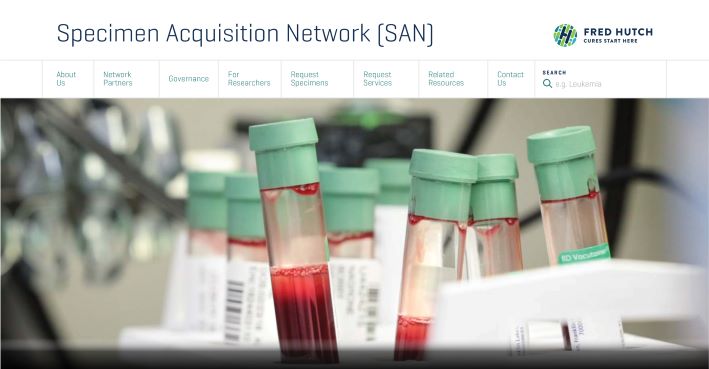
27 Jan Specimen and data Acquisition Network services now available to the ITHS community
The Specimen Acquisition Network (SAN) was founded in 2019 when Fred Hutch reached out to academic centers across the Pacific Northwest region, spanning from British Columbia to Portland – leveraging connections through the Cascadia Data Alliance – to increase access to and awareness of available resources, share ideas and foster partnerships, thereby speeding the pace of research. SAN first launched to a small internal group, but it is now fully staffed and has processes in place to serve the wider research community.
We want to make these services available to the members of the ITHS, WWAMI network and UW research community so they know we can help them advance their research
“We want to make these services available to the members of the ITHS, WWAMI network and UW research community so they know we can help them advance their research, how to contact our team, and the services we offer to support their research projects,” shared Eric Holland, MD, PhD, who is the Director of Seattle Translational Tumor Research.
SAN’s Beginning
The need for better access to translational research resources was evident when the network began, with the increasing demand by researchers for access to specimens and data in a timely manner. Specimens are tissue or fluid samples donated by patients or volunteers which provide an invaluable resource to study all states of health and disease. Access to unique specimens allows researchers to study how specific diseases begin, progress, and can potentially be treated. Insufficient access to human-derived specimens can halt a research project completely or stop it from beginning at all. It can lead to research bottlenecks and delays, among other complications.
This is why the creation of SAN was key.
Access to specimens is one of the first steps in the translational research lifecycle, which is a multi-stage process reliant on the collective expertise of researchers from various backgrounds, including research teams asking new questions, data analysts interpreting results, clinicians working directly with patients, software developers designing research-focused systems and algorithms, and many other supporting arms. Without specimens, downstream research cannot advance. The role of SAN is to enable and speed access to the specimens required to drive health research forward and improve lives.
No matter where you are in the process, we can help you remove roadblocks and advance your science
“SAN is built to be an integrated knowledge resource for research support. No matter where you are in the process, we can help you remove roadblocks and advance your science,” shared Snehal Joshi, PhD, Project Manager for the SAN. The team, led by Dr. Holland, also includes Madeline Sandoval, PhD, Rachel Galbraith, MPH, and Traci Rieckmann, PhD.
The SAN Coordinating Center is based at Fred Hutch. It facilitates cross-collaboration and best practice sharing across network partners, provides support to investigators requesting resources and measures the scientific impact SAN has on research in the Pacific Northwest or beyond. In addition, the coordinating center offers support to help researchers navigate IRB applications, verbiage for consents and protocols, data/material transfer and data management strategies.
Governance Committee
SAN also has a Governance Committee consisting of leadership from across its network partner institutions. These members were pivotal in establishing and shaping the SAN and continue to provide guidance and feedback toward its strategic growth and operations. The governance committee facilitates open communication between leadership within the network. The committee meetings provide a platform to discuss common challenges faced by translational research institutions and share best practices.
SAN’s Services
 SAN’s mission is to provide reliable and cost-effective access to high-quality human tissue, blood, other human-derived samples, associated clinical and specimen annotation, standalone datasets and enable research connections to drive forward innovative life sciences research.
SAN’s mission is to provide reliable and cost-effective access to high-quality human tissue, blood, other human-derived samples, associated clinical and specimen annotation, standalone datasets and enable research connections to drive forward innovative life sciences research.
SAN and ITHS share a goal of speeding translation of scientific discovery to clinical care by supporting innovations and fostering multi-disciplinary research partnerships. “I am truly excited that SAN is available as a resource for the ITHS research community to help us in our mission to accelerate research and improve health,” shared Tong Sun, ITHS Executive Director.
To learn more about SAN, their services and how you can donate, please visit their website HERE. To request services, just send an email to SAN@fredhutch.org and let them know what you need. They’ll take it from there!




